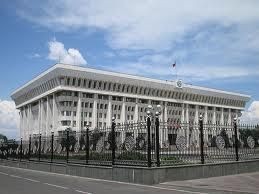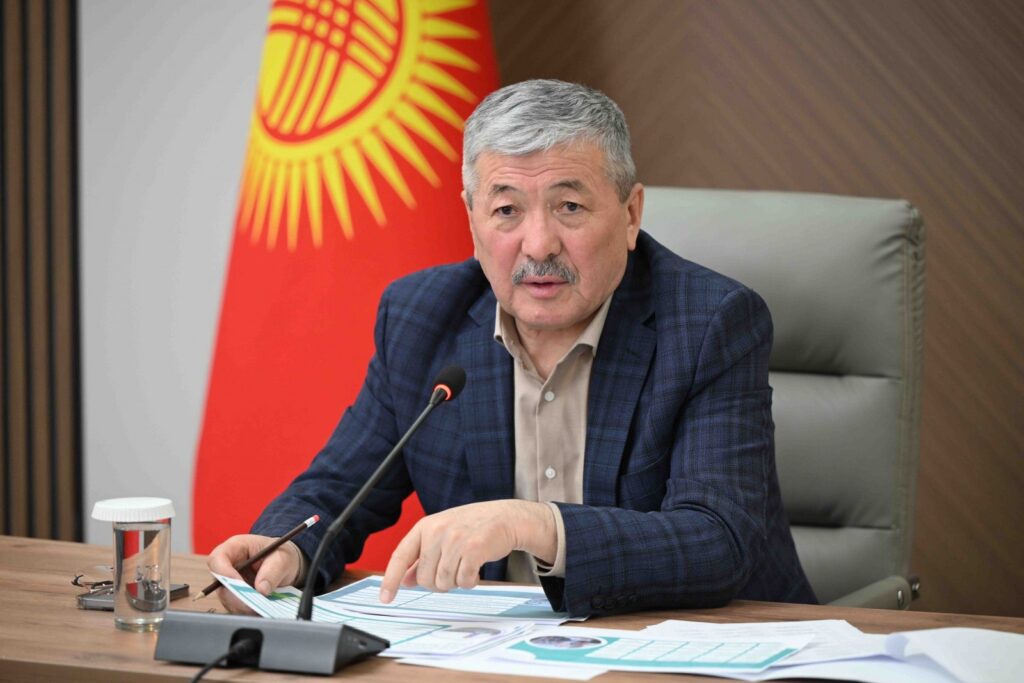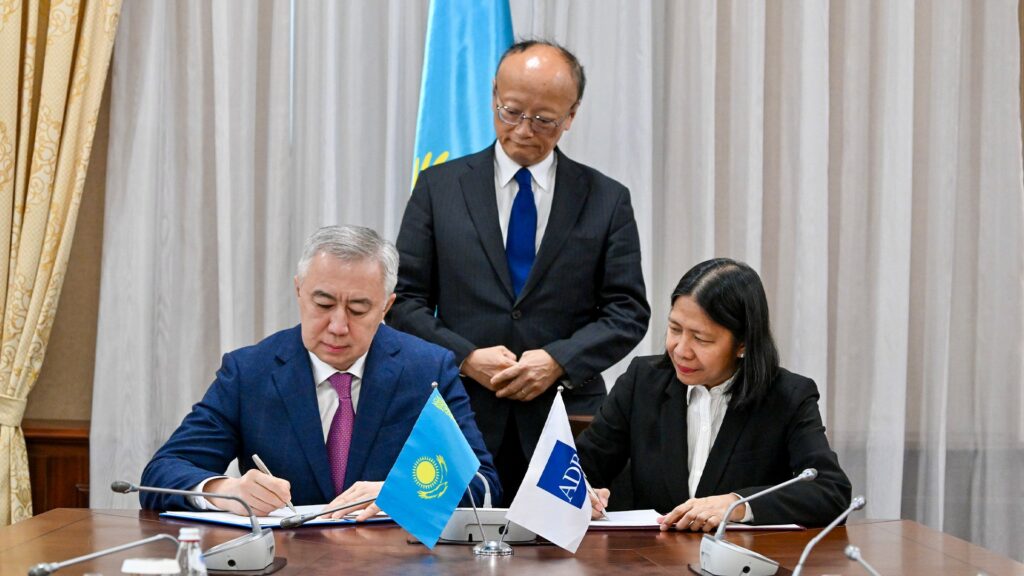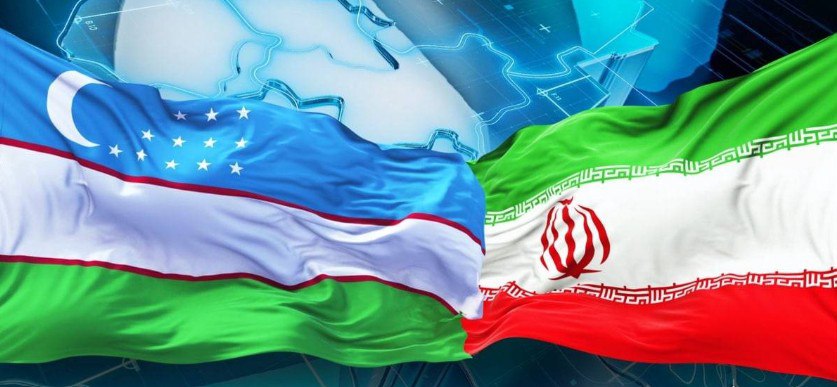BISHKEK (TCA) — The latest row leading to the Kyrgyz Government’s resignation has been a perfect example of the negligence with which the outgoing cabinet treated the country’s urgent economic problems. Since the outgoing PM was a technocrat from outside of the three-party parliamentary coalition, the partnership remains intact with no outlook on so-called snap elections. But the problems faced by the new team need a much better approach than till now.
The ink of PM Temir Sariyev’s letter of resignation was hardly dry this week when all parties forming the ruling coalition agreed on a successor in the person of Sooronbai Jeenbekov, first deputy head of the President’s Administration and former governor of the southern province of Osh, where he was born. The new Government will have very few changes from the previous one but the appointment of a “southerner” as the new Prime Minister can mostly be seen as an attempt by his counterparts from the north to uphold the delicate balance between the northern provinces and what is widely considered the most unruly part of Kyrgyzstan. The former PM Temir Sariyev comes from a place located in the central-north of Kyrgyzstan, not far from the capital Bishkek.
Coup-plotters and possible unrest
It looks as though the new man’s origins are more important than the issue of his competence (which he will yet have to prove). Suspicions among the authorities that former collaborators of Kurmanbek Bakiyev, ousted in 2010, keep dreaming of a return to the previous corrupt and repressive regime persist up to this day. Three “southern opposition leaders” including former governor of southern Jalal-Abad oblast Bektur Asanov were arrested on March 23, followed days later by Dastan Sarygulov, while police kept searching for a fifth one, ex-MP Kubanychbek Kadyrov. The group is being accused of conspiracy to overthrow the government in a non-constitutional and violent manner. Telephone conversations have been bugged and recordings of them preserved to serve as evidence.
A formidable underperformance
A primary task that cannot wait for a day is certainly the economic one. According to figures from the country’s national statistics agency released on April 12, the national gross domestic product has decreased by 4.9 per cent from the same period in the previous year to the amount of 79 billion som – or close to 1.2 billion US dollar according to current exchange rates. The decline was mainly caused by the drop in productivity of the Kumtor gold mine, without which GDP would have amounted to 59.4 billion som, or one per cent up year-on-year.
For a country of 6 million, a GDP of less than $1 billion means a formidable underperformance leaving the bulk of economic potential unused. But blaming Kumtor does not make sense. What needs to be reversed today rather than tomorrow is the deeper cause of Kyrgyzstan’s economic stagnation. Industrial output within the mentioned period this year shrank by a staggering 25.7 per cent, including not just an overall drop in the production of precious metals of 47.4 per cent, but also of textile half-fabricates of 55.8 per cent and of textile end-products by 18.5 per cent.
Even more significant in relation to the cabinet crisis, Kyrgyzstan’s output of so-called non-metallic minerals such as coal, gypsum, marble and quartz sand, all important ingredients for the construction and especially for the road construction industry, dropped by 27.3 on-year. To get out of the developing economic slump, the industry and investment attraction must have absolute priority. A new law to facilitate investment is under preparation by the Ministry of Economy and it is among the government’s tasks to provide work in the form of state projects to be carried out. In order to get there, private enterprises and the state must take up national economic interests much more seriously, prevailing over personal interests. This in turn requires a profound change in mentality which is not easy to realise however urgent the need for it be.
Breakthrough of common interests
Both the historic and contemporary meaning of this looks clear. What sets the Kyrgyz nation apart from its peers in Central Asia is that the clan spirit, which among the Kazakhs shows traces of meritocracy prevailing over family ties as well, is not dictated from the top layers of social power and clout, but comes from the very basis of communities. This keeps the situation so explosive within a largely non-hierarchic system of adherences, where communities rule over their leaders rather than the other way round.
This anti-paternalistic mentality has been used to explain post-Soviet developments in the country by numerous commentators. But also further back in time, individuals with high aspirations were almost never pushed forward (and upward) in society as a whole by the clan they represented without having their way up laboriously within the clan itself to begin with. It is high time for Kyrgyzstan and its nation to pick the psychological fruits from that particular part of its traditions – this time not by confrontation but by a breakthrough of common interests.









